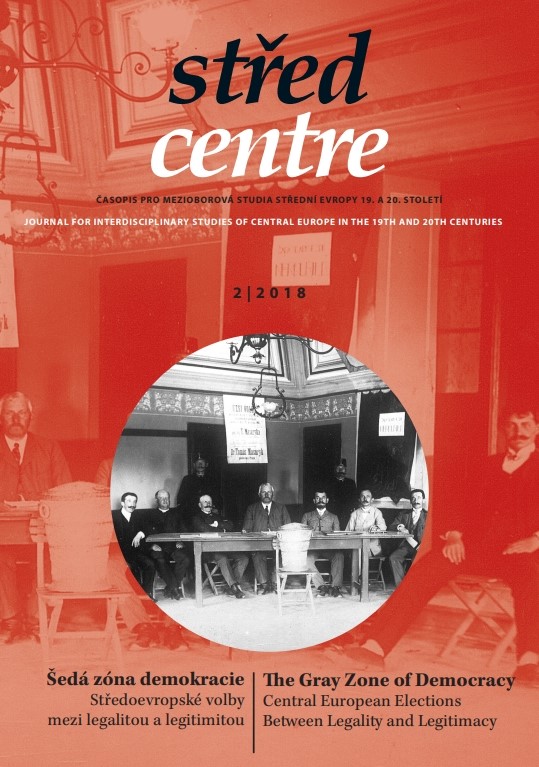Multi-party Parliament in an Anti-Democratic Regime.
Multi-party Parliament in an Anti-Democratic Regime.
Election System and Practice in Interwar Hungary
Author(s): Károly IgnáczSubject(s): History, History of Law, Political history, Social history, Modern Age, Government/Political systems
Published by: AV ČR - Akademie věd České republiky - Masarykův ústav
Keywords: Hungary; electoral campaign; electoral machinery; electoral system; extreme right-wing; hegemonic government party; open balloting; voting behaviour
Summary/Abstract: At first sight it may seem that the process of democratization in Hungary was markedly different than in the rest of the Central European region. The political system had not been democratic since 1919, and the open balloting, that was no longer used in other European countries, was restored in 1922. But on the eve of World War II, when in the most part of Central Europe democratic systems and free elections had already been eliminated, a parliamentary election were held with secret ballot in Hungary in May 1939. Taking a comprehensive look at this process and the Hungarian political-social system itself, however, important, opposing phenomena can be detected. Despite the antidemocratic election system set up in 1922, a multi-party parliament was operating and, mainly in the capital city, Budapest and in the major cities, the intellectual and cultural life was diverse and pluralistic. Compared to this, the restrictive, authoritarian elements of the system were strengthened in the second half of the 1930s, and the 1939 election, as in the past, was a non-democratic one, because apart from the voting method, the victory of the hegemonic government party was ensured by countless measures within or beyond the boundary of law. The study describes these features in the Hungarian electoral system starting in 1922 (open balloting, the use of government-dependent public administration, limitations on the right to vote, the restrictive nature of the nomination system, the disproportionate allocation of mandates, etc.) and demonstrates their corrupting influence on the voting behaviour, which makes it difficult to draw conclusions about actual political preferences and opinions from the election results.
Journal: Střed. Časopis pro mezioborová studia Střední Evropy 19. a 20. století
- Issue Year: 10/2018
- Issue No: 2
- Page Range: 9-36
- Page Count: 28
- Language: English

